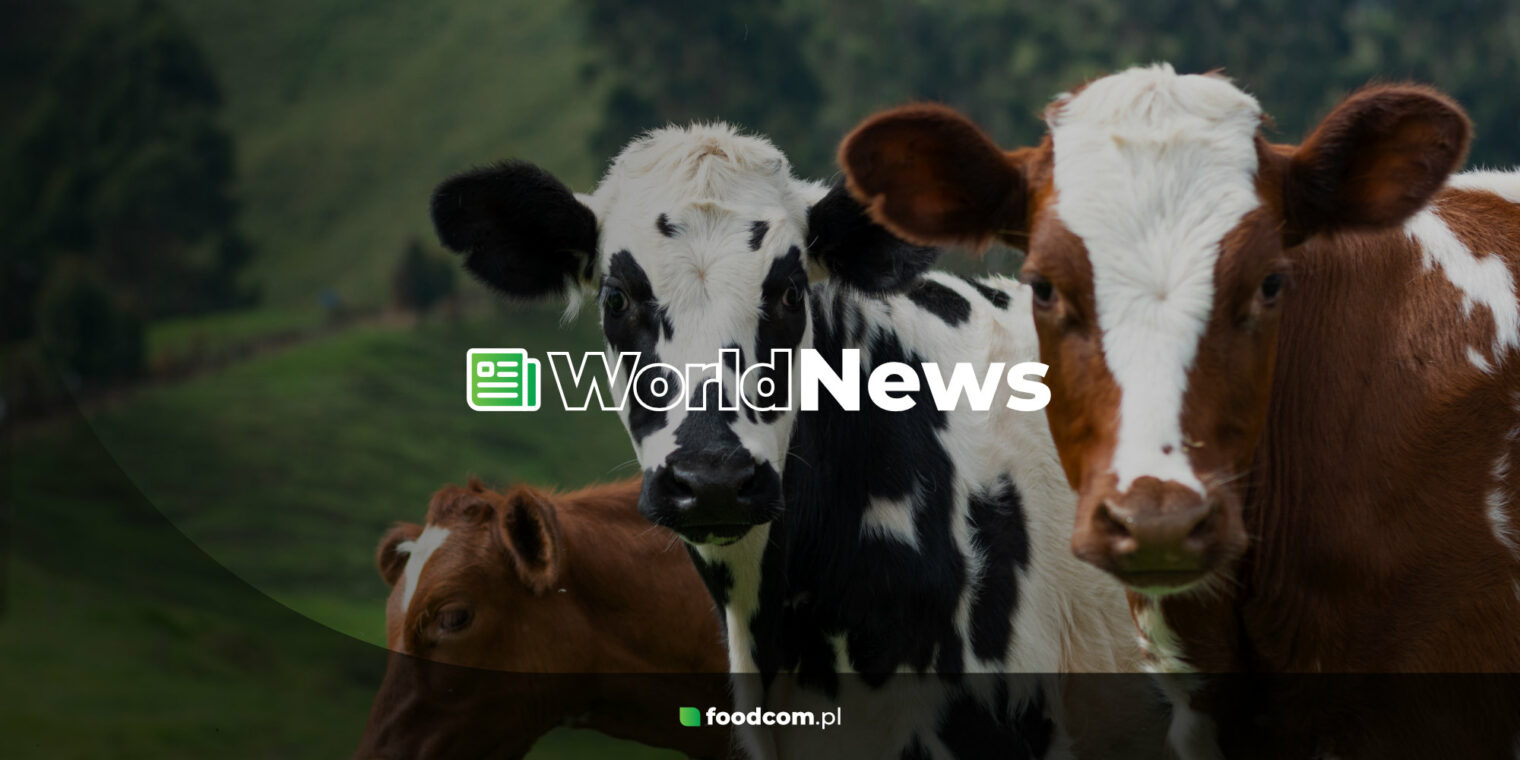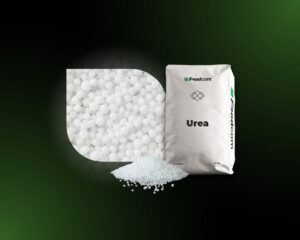- Yara International starts production of fertilizers containing “green ammonia” produced with renewable hydrogen.
- A 24 MW renewable hydrogen plant has been opened in Herøya, Norway.
- Yara is continuously reducing CO2 emissions from its factories. The next step in the decarbonization of production is the use of CCS technology.
A new plant for renewable ammonia at Herøya Industrial Park
Norwegian fertilizer company Yara International opens its renewable hydrogen-powered factory on Herøya. Yara has been working on the use of renewable technologies for fertilizer production since 2019. The official inauguration of the factory took place on June 10. It took place in the presence of the Norwegian Prime Minister, Jonas Gahr Støre.
The factory will be one of the largest of its kind in Europe. It will produce fertilizer from renewable ammonia with low carbon dioxide emissions into the atmosphere. Until now, hydrogen produced from fossil fuels has been used to produce ammonia, while Yara’s new 24 MW plant will use renewable hydrogen produced by electrolysis of water using renewable energy for this purpose. This solution enables the production of so-called “green ammonia” and reduces CO2 emissions by 41,000 tons per year.
The first tons of fertilizer produced in the new plant have already been delivered to Lantmännen, with whom Yara has entered into a partnership. The low-carbon footprint fertilizer produced by Yara will be part of the company’s new offering called Yara Climate Choice.
Yara and the company’s mission for sustainable development with reduced CO2 emissions
For years, Yara’s efforts have focused on climate protection and the aggressive decarbonization of the industry. The company is not afraid to invest in the environment, recognizing not only the problem of high CO2 emissions in energy-intensive industries but also its competitive offering in the low-carbon fertilizer market.
Yara has already reduced its CO2 emissions by 45% since 2005. The company continues to look for new solutions, such as the use of renewable energy, the production of green hydrogen, and the use of CCS technology, i.e., carbon capture and sequestration. The use of CCS is the next step in the company’s ecological development. In 2023, Yara signed an agreement with Northern Light for the transportation and storage of carbon dioxide produced at the Sluiskil plant in the Netherlands. This will reduce the plant’s annual CO2 emissions by 800,000 tons.




![Coffee prices still high – will Brazil save the global market? [World News] Coffee prices still high – will Brazil save the global market? [World News]](https://foodcom.pl/wp-content/uploads/2025/03/News-world_15-600x300.png)




